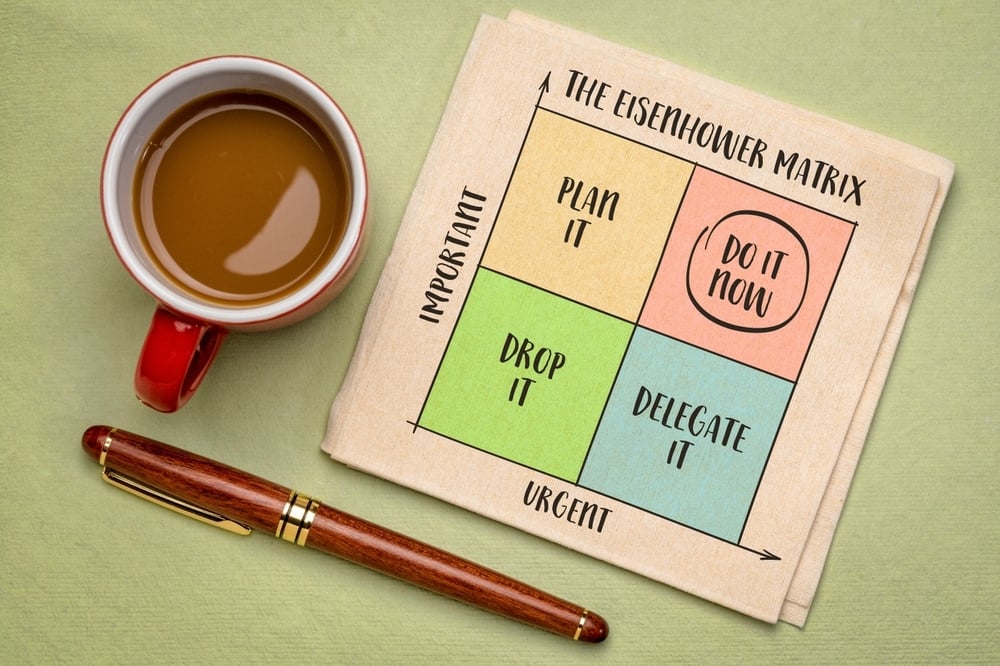
Who’s your cultural architect?
by The Alternative Board (UK)
Listen to Audio Version:
For most of my business life, values have been one of the tools used to drive consistency of attitude and behaviour through a company.
Many of us in business use values to help us identify who we are and bond us as team with a common outlook on life. Used well, it can have a positive influence on a business and can permeate into our recruitment methods, our people and team development, and even impact on how we make decisions.
Of course, the ability to apply one or more values to a decision can depend on the completeness of the values to represent the people in a particular business. If one or more people are not aligned with the values, it can be nigh on impossible to apply the intended value to a given situation.
The manner by which the values were originally drafted and adopted is also key, because buy-in from the wider team is fundamental to a value system becoming ingrained in a company. Many of us will have stories of initiatives being imposed from the top and never gaining acceptance. They nearly always slowly disappear from visibility in the company.
We probably can all recount examples where the implementation has been conducted well and the right process followed. And yet the behaviours of the those at the very top of the organisation conflict with the agreed values system. The idea of a business being a reflection of the person at the top is a well trodden path.
Recently, I have come across an example where despite everything being carried out in the best way; collaboration, workshops, each person having a say, values being created and referenced daily in some area of the business, they were insufficient to deal with a conflict that arose.
What transpired reminded me of a talk in Manchester and at our recent national TAB Conference, by sports psychologist, Damian Hughes. His talk drew a parallel between values and behaviours. What Damian Hughes discussed was how powerful 2 or 3 behaviours can be in delivering a value system through a business. He referenced his book, “The Barcelona Way” where he looked at how Barcelona developed its culture. He held Barcelona up as having one for the strongest behaviour systems in business and how they use it to underpin their value system.
Damian reflected on how behaviours are more powerful than Culture. He referenced 5 types of culture and identified that Commitment cultures were 22% more successful than other culture systems in changing attitudes and behaviours.
At Barcelona, their behaviour system defined the acceptable behaviours within the club. How an employee meets their behaviour system determines how long they remain in the business (club). Barcelona developed just 3 behaviours and the expectation from the top down was that every single person must demonstrate each and every behaviour in their roles at the club. All or none. In other words, anyone found wanting in just one of the behaviour characteristics would not have a future at the club
Damian Hughes identified that in order to live and breathe behaviours and values, an organisation needs what he regards as “Cultural Architects”. These were the people that led by example and guided others in a supportive, non confrontational manner when behaviours were likely to be challenged.
In your business, if you have a strong belief system and/or an embedded value system can you identify your cultural architect and does your business have trademark behaviours?
If this article interests you, you might find the book, ‘The Barcelona Way” an interesting read.
Related articles

The Best Advice – and We All Know It…
Ed reflects on the value of committing to your business and being clear about your focus, offering three key pieces of advice for success.

Strategic Planning Made Easy: A Blueprint for Success
Drive your business forward with a strategic planning day. Discover the importance of setting clear objectives, SWOT analysis, and creating actions.

Does Culture Really Eat Strategy for Breakfast?
Discover why your company culture can make or break your business strategy and how aligning both can drive lasting success for your organisation.





